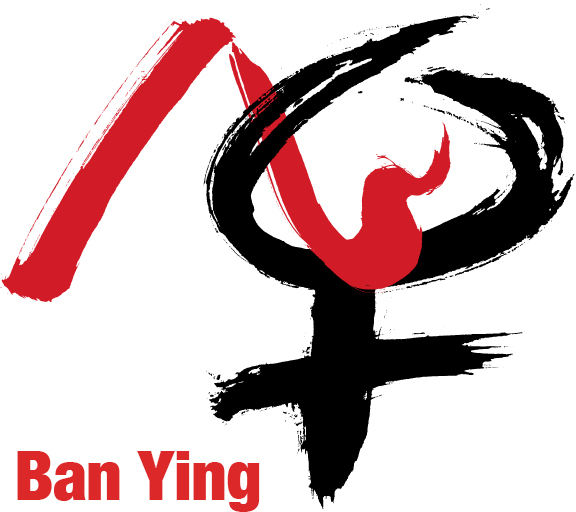Violence during the migration process
Violence against migrant women
Restrictive immigration policies and laws prevent regular migration. Due to their uncertain legal status, women living in Germany without a proper residence permit have a higher likelihood of being exploited and experiencing violence. Unfortunately, the subject of “violence against migrant women” is often instrumentalised in political and social discourse for the purpose of tightening immigration restrictions.
Marriage migration
A proportion of Ban Ying’s clients migrated to Germany for the purpose of marriage. Many agreed to these marriages due to a lack of perceived alternatives, or in the hope that they would be able to obtain a residence permit (at least a temporary one). In many cases, these women are unaware of the risks involved in applying for a residence permit based on falsified details. Their legal status depends completely upon the good will of their husbands. One report to the immigration department would be entirely sufficient to remove these women’s residence status, even after many years of marriage. They are also unaware that a marriage must have been in existence for at least three years if they wish to remain legally in Germany after separation. This is set out in Article 31 of the German Residence Act. If these women were to seek help from the authorities due to experiences of exploitation or violence their so-called "sham marriage" would be exposed and they would lose their grounds for legal residency. For this reason, women who have no other perspective of gaining legal grounds for residency are, therefore, naturally not prepared to testify against the perpetrators.
During police raids the women who hold regular legal papers do not attract attention, even if they have been affected by human trafficking. The main indication for the police is usually the lack of a residence permit. It would be desirable for such checks to focus upon the working conditions of the women rather than their residence status.
Entry into the country
Depending upon their country of origin, the ways and means by which the women enter into Germany vary considerably. While EU citizens have no problem entering the country legally, women from the countries of Central and Eastern Europe either attempt to enter with falsified documents from the new EU states, or they set out without any documentation at all. They know that it is virtually impossible to obtain a Schengen visa without financial means. Some women set out in full knowledge that they do not possess the necessary visa, others learn this in the course of the journey.
Those women for whom the journey to Germany over land is impossible, for example from Thailand or Nigeria, usually initially enter the country legally. In order to do this, however, they require documentation and invitations, etc., which drive up costs considerably. They usually enter the country on a tourist visa which is valid for three months. Once this has expired they are either "illegal", and therefore as susceptible to exploitation as women who entered the country without any documentation, or they are told that they must marry in order to obtain legal residency, at least on paper.
Vulnerability of marriage migrants
Since August 2007, the structural vulnerability of women who migrate to Germany for marriage has increased. Since this date, women and men who wish to travel to Germany for the purpose of marriage have been legally required to learn the language before entering the country, usually in their country of origin, and to present proof of their language skills in the form of a certificate from the Goethe Institute.
Women who have come to us for counseling and advice have reported that this requirement has delayed their entry into the country and represented a significant additional financial burden. They are often not in a position to cover these costs themselves, which are then paid by their future husbands in the form of a loan. As a consequence of this, these husbands are sometimes of the opinion that, having invested so much in enabling the entry of the women into the country, they can expect certain things in return. Some women have reported that, once they are in the country, their husbands have expected them to work off the cost of their entry. In such situations, this new rule increases the vulnerability of women who come to Germany for marriage.
At the time of this change in the law it was repeatedly emphasized by the legislative authorities that the introduction of this new rule was aimed at protecting victims of forced marriages. There is little talk among politicians about forced marriage in connection with Thailand, but rather of marriage deals which have to be prevented. Not only does the law not contain any measures which would adequately protect women from forced marriages or marriage deals, it is also hard to understand why the federal government did not use the opportunity presented by these language courses and the visa application process to inform women about their rights once they arrive in Germany, and to provide them with a list of organisations to contact if they require help. In addition to this, the European Commission views the strict regulations in Germany as incompatible with EU law, in particular the EU Directive on Family Reunification. The European Commission declared in a written statement to the European Court of Justice in May 2011 that integration requirements and language tests should not stand in the way of the aim of successful family reunification, or lead to the refusal of family reunification.
